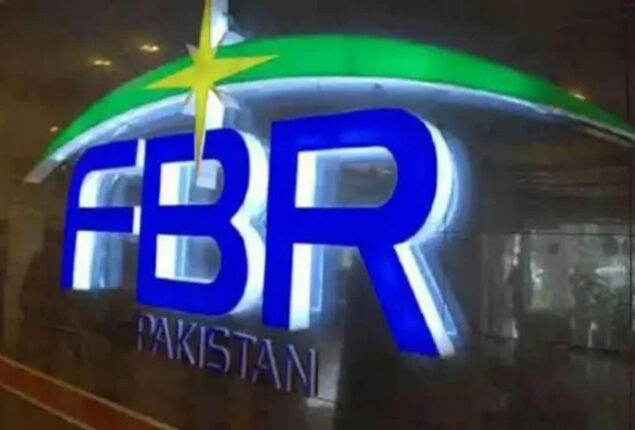FBR lowers withholding Tax to 1% on online platform sales
The Federal Board of Revenue (FBR) has lowered the rate of withholding...

The Federal Board of Revenue (FBR) has restricted taxpayers’ capacity to use the Alternative Dispute Resolution Process to resolve disputes involving tax liabilities of Rs. 100 million or more.
The FBR has described the remodeling of the Alternative Dispute Resolution Process under the Finance Act 2022 through income tax circular No. 15 of 2022.
The FBR explained that by acting as an efficient substitute for and not a parallel mechanism to the appeal process, the modified dispute resolution procedure will make sure that it is concentrated on high revenue-yielding cases and does not waste time and resources for the taxpayer as well as field formations.
The process for alternative dispute resolution has been updated under the Finance Act 2022.
Significant changes from the old system mean that disputes involving tax liabilities of $100,000,000 or more can now only be filed for resolution. Before, there was no such restriction on submitting an application through this procedure.
Taxpayers can now bring disputes involving questions of fact and law to the committee for resolution, but only if they agree that the committee’s ruling won’t be referenced or used as precedent in any subsequent cases or the same issue for a different tax year. Previously, the dispute resolution committee was expressly prohibited from resolving disagreements involving legal interpretations that had an impact on other cases.
The original proposal’s scope has been broadened to now include the taxpayer’s offer to resolve the dispute, which includes a non-revocable offer to pay tax. Taxpayers now have more options when choosing who to nominate as a member of the dispute resolution committee.
An officer of the Inland Revenue Service who has retired in B521 or higher, a respected business person nominated by a Chamber of Commerce and Industry, or a member of a panel informed by the Board in this regard are now all acceptable nominees for taxpayers. The taxpayer’s nominee member and the Chief Commissioner of Inland Revenue, who is also a member of the committee and has jurisdiction over the matter, will jointly choose the third member of the committee from the panel from which they have been informed by the Board.
Following the formation of the committee but before to the start of a committee procedure, the taxpayer and the Chief Commissioner of Inland Revenue, who have respective jurisdiction over the matter, would withdraw any appeals that are pending before a court of law or appellate body. Previously, there was no obligation for the withdrawal of an appeal, thus the taxpayer could decide whether to continue with it if he disagreed with the committee’s ruling.
The matter before the committee will be decided by a majority vote of the members. Previously, settlement of a disagreement by the committee members required consensus. The taxpayer and the Chief Commissioner of Inland Revenue, who has jurisdiction over the issue, must abide by the committee’s ruling. Previously, it was only obligatory on the Chief Commissioner once the taxpayer had accepted it by withdrawing their appeal, according to FBR.
Catch all the Business News, Breaking News Event and Latest News Updates on The BOL News
Download The BOL News App to get the Daily News Update & Follow us on Google News.